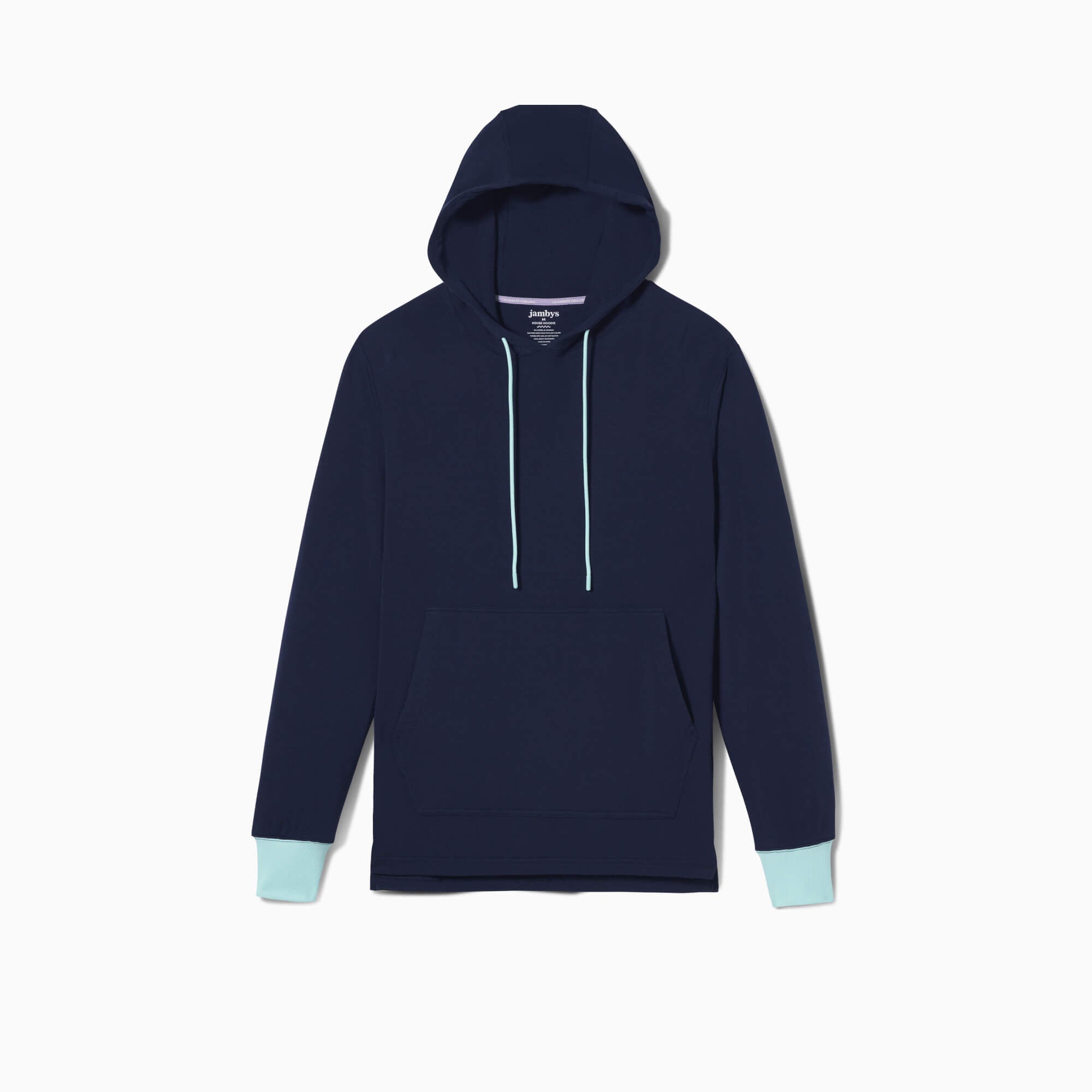My most terrifying dream so far in quarantine involved a megayacht captain. I was descending the stairs at a fancy event where I was working service, and I saw Captain Sandy Yawn scaling the steps in the distance with a typically bewigged Sia (it's a dream, just go with it). I distinctly remember the nervous excitement at being able to meet someone who I hold such great respect for—Sandy, not Sia—and as we met midway, I brought myself to a halt and raised my left hand to salute her. "Captain Sandy!" I exclaimed, only to have her brush me aside with a terse "Not now."
Then, whoosh, I'm at marching band camp, and Sandy is my drill instructor telling the rest of my lunch table that I black out too much when I drink so she's going to break into my room and shake me awake every three hours while I'm sleeping. I slink into my chair, ashamed and embarrassed as my peers jeer and Sandy scowls.
There's a reason I hold Captain Sandy in such high esteem, especially recently: I recently finished marathoning the first four seasons of Below Deck Mediterranean, a Bravo reality TV show in which Sandy and her rotating crew survive a charter yacht season in the Mediterranean coast while braving nasty charter guests and inter-staff blow-ups alike.
Below Deck Med is one of two shows that spun off from the original iteration of Bravo's Below Deck franchise (or "Below Deck OG," as it's become known in our house); my wife and I arrived at its watery doorstep after plowing through seven seasons of the original show with the legendary Captain Lee Rosbach. We're currently week-to-week now on Below Deck Sailing Yacht, which is in its first season and focuses on (you guessed it) the slightly different industry of sailing yacht-focused charter cruises. I hate being on boats and get seasick easily, but I feel like I've been out to sea for months—and I'm loving it.
It didn't always used to be this way. For years on end, I'd catch glimpses of Below Deck while channel-surfing on the gym's elliptical equipment, quickly speeding away to anything else with the force of a thousand knots. Even as an avid consumer of reality TV, Below Deck initially seemed too poisonous for me to consume the same way so many Bravo shows are: riddled with petty grievances and abusive behavior, with outsized characters giving it their all for the cameras. But something compelled us to give the show a serious shot this past winter, and our household was immediately and irretrievably hooked.
How to explain this sudden turnaround? Part of it has to do with the dulling of the general senses—a slow mental degradation onset by the fact that the majority of popular entertainment (from my perspective, anyway) has been divided into eighty thousand comic book movies that all have the same plot, data dumps of prestige TV shows that are poorly lit and nearly identical in season-to-season structure, and myriad arthouse fare past and present that I aspire to constantly consume but almost always need to be in the "mood" for. Given these options, why not unwind with a coterie of backstabbing and ecstatically horny people in their mid-twenties losing their minds while working a summer job in close quarters?
But Below Deck also hits different than its Bravo brethren. An essential facet of narrative storytelling when it comes to TV shows is giving your character an occupation—some purpose of being that can be a source of conflict—which is why shows like the Real Housewives franchises can sometimes feel inert in their idleness. (I understand that some of the housewives have "jobs," but also, like, come on.) As it turns out, diving into the inner machinations of running a superyacht during charter season is extremely fascinating, from witnessing the maintenance of the boat itself to learning new lingo specific to the profession. Don't know what a bosun is? You will soon.
Above all else, though, the allure of Below Deck lies in what so many things in modern life focus on: the widening gap of financial class separation and the resulting tensions that come from it. For every well-meaning charter guest that appears on Below Deck—an assembly line of upper-class personalities that have counted sports journalist Jemele Hill, the founder of soft-core porno site Mr. Skin, and former professional baseball player Johnny Damon in its ranks—there's been guests whose demands and demeanors have been a nightmare to behold, both for the crew and the audience watching them.
It's impossible not to feel solidarity with chef and franchise mainstay Ben Robinson as he deals with picky guests who failed to list their culinary peccadilloes on the preference sheet, or pangs of frustration as one of the stews is woken up in the middle of the night to serve cocktails to inebriated guests partying to the limit. The beautiful vistas and far-flung locations of Below Deck's high-rolling universe may offer pure escapism, the weirdly human struggles the show documents bring us closer together too—a strange altruism located within a subgenre of TV that's typically allergic to such a notion. Packaged together, binging on Below Deck is the best vacation you can take without leaving your house, making it perfect for the current moment.
Downtime is brought to you by
Jambys, a company that makes really soft boxers with pockets. Use code
downtime for 15% off your first order, and we'll use that money to hire more cool writers and make more cool stuff.


































































